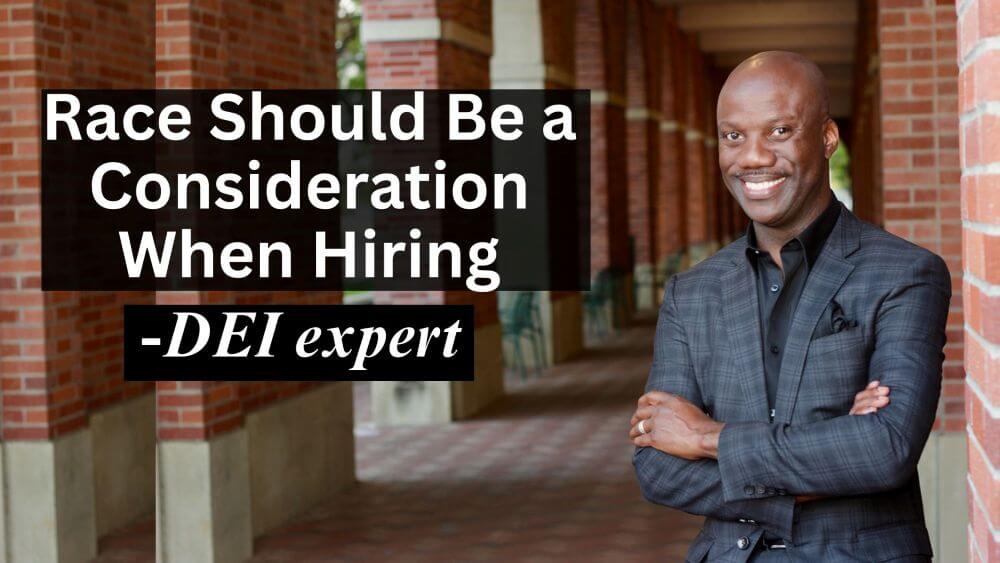
Is Race Still a Fair Factor in Hiring Decisions?
In a hearing entitled “Restoring Excellence: The Case Against DEI.”, Representative Brandon Gil questioned Dr. Shaun Harper, a diversity, equity, and inclusion (DEI) expert, on whether race should be considered in hiring and admissions decisions. The interaction—frustrating at times—revealed deep philosophical divides over meritocracy, fairness, and the role of race in modern society.
At AlainGuillot.com, we believe in a colorblind society and in judging people by their individual merit, not their race. Rep. Gil’s firm questioning reflects concerns many people share: are DEI initiatives creating new forms of discrimination under the banner of equity?
Meritocracy vs. Equity-Based Hiring
Rep. Gil asked a direct question:
“Should people be treated differently based on their race?”
Dr. Harper’s response was not straightforward. Instead of a clear “yes” or “no,” he argued that individuals should receive “remedies” due to systemic racism. This led Gil to ask whether race should be considered in hiring practices—again, Dr. Harper avoided a direct answer, instead emphasizing diversity goals and holistic representation.
While diversity is important, there’s a fine line between ensuring opportunity and mandating racial outcomes. Gil’s core point stands: should race trump merit in hiring?
The Slippery Slope of Racial Preferences
Dr. Harper repeatedly avoided naming any preferred race, but he affirmed that racial demographics should guide hiring decisions to reflect society. That’s a dangerous path. Once race becomes a hiring factor, meritocracy erodes, and individuals are judged not by skills or achievements, but by immutable characteristics.
College Admissions: Equity or Discrimination?
The conversation shifted to college admissions. Gil posed a scenario:
“If one applicant is white and one is Black, and there’s one slot, should they be judged by the same objective criteria?”
Dr. Harper declined to give a direct answer and instead cited support for “holistic admissions,” a term often used to justify race-based preferences. Gil rightly noted that this indicates a double standard that contradicts the principle of equal treatment.
Why a Colorblind Society Matters
We must strive for a society where individual effort and ability determine success—not race. The DEI framework, in its current form, risks creating new injustices under the guise of correcting past ones.
As Rep. Gil demonstrated, it’s essential to ask hard questions. If we don’t, we risk embedding racial bias into the very systems meant to eliminate it.
Conclusion: Merit Must Come First
Racial fairness doesn’t mean racial favoritism. A truly just society treats people equally—not differently—based on skin color. At AlainGuillot.com, we stand with those who defend equal opportunity, not equal outcomes.
DEI may have started with good intentions, but if it means choosing candidates by race instead of merit, it’s time to rethink our direction.
Previous opinion posts






